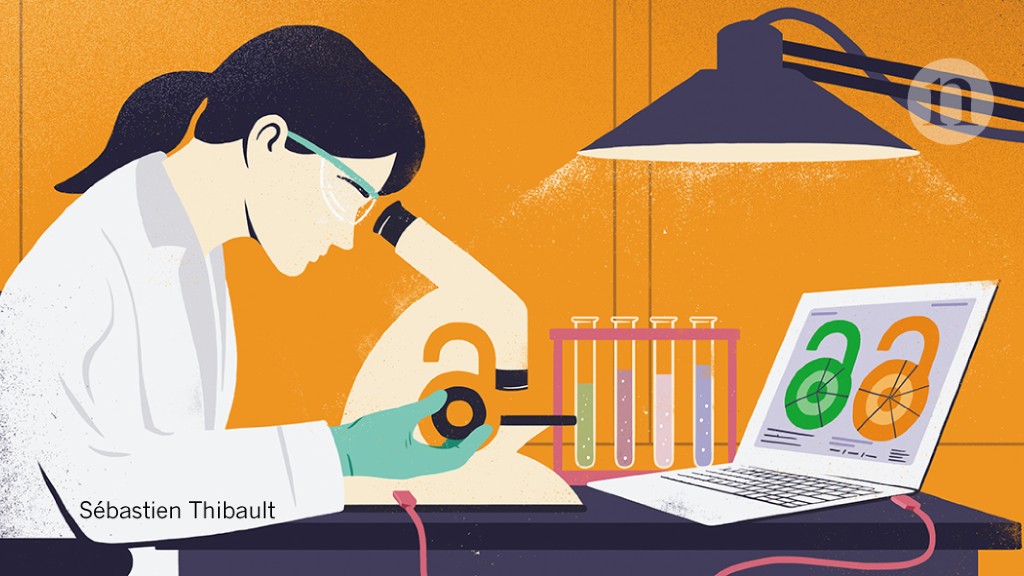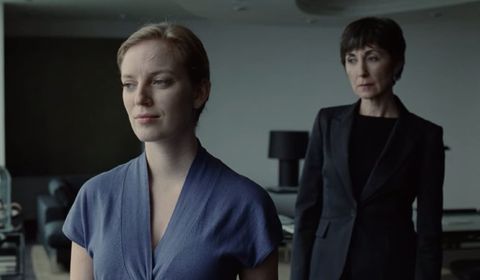Who owns the Research Data?
Who owns the Research Data?
By Bushraa Yousuf
29th November 2021
When we talk about research, the first thing that comes to our minds is the scientists that are conducting the research. Keeping that in mind, the results these researchers acquire from their research must be their property, right? Well, the answer to that question is not that simple. Let me enlighten you with an explanation of Columbia’s University for this matter. According to their website:
Although graduate students, postdoctoral fellows, or even some faculty in academia performing research may believe that they own the data collected, they are wrong. As employees of a university, they are working for hire for the university, which, in most cases, owns the rights to the data. In federally sponsored research, the university owns the data but allows the principal investigator on the grant to be the steward of the data. [1]
Another clarification given by Yale University is as follow:
The university owns the data. Ownership places ultimate responsibility for the stewardship of research data and materials with the institution. The University is the legal entity accountable for ensuring that the maintenance of and access to research data and materials are in accordance with ethical, legal, institutional, and professional rules, regulations, and obligations. The University is primarily responsible for meeting all obligations concerning research data, and for supporting an environment in which the objectives of its policies and principles are met.[2]
So, is there a way where the researcher can have rights over his/her data? And are they allowed to publish it without the permission of authority? The answer is no. The ownership of data belongs to the organization that is funding the research. For instance, if a scientist is conducting research on almonds which is funded by an almond company. Then, the researcher might not be able to publish the adverse effects of almonds, as it will affect the consumerism of almonds.
What Sci-Fi movies tell us about this matter?
To examine how science fiction movies take research and data ownership into account, let us consider the following four movies:
1. Splice
2. Hollow man
3. Rise of the Planet of the Apes:
This movie involves Will Rodman, a Chemist working on a cure for Alzheimer's disease. His research is interrupted by his boss when one of his test subjects, a chimpanzee misbehaves in front of the funding community. Jacobs immediately orders Will to stop the research as they will not be able to get funds anymore because of the violent behavior of the subject. The command of data is still not in the researcher’s hands as they are directed to euthanize the other test subjects and stop the research completely.
4. Jurassic World
Conclusion:
To conclude, not only data but the permission to continue research is sometimes held by the funding organization. Although some scientists are allowed to publish their work as. they were the ones who did experimentation and testing. Still, the policy for most universities and companies is to provide sufficient results according to their demands.
References:
[1] Columbia University. (n.d.). Data Acquisition and Management. Responsible Conduct of Research : Data Acquisition and Management. Retrieved November 29, 2021, from https://ccnmtl.columbia.edu/projects/rcr/rcr_data/foundation/index.html#2.
[2] Yale University. (n.d.). What does it mean that the university has ownership of research data? What does it mean that the University has ownership of research data? | Research at Yale. Retrieved November 29, 2021, from https://research.yale.edu/faq/what-does-it-mean-university-has-ownership-research-data.







Comments
Post a Comment